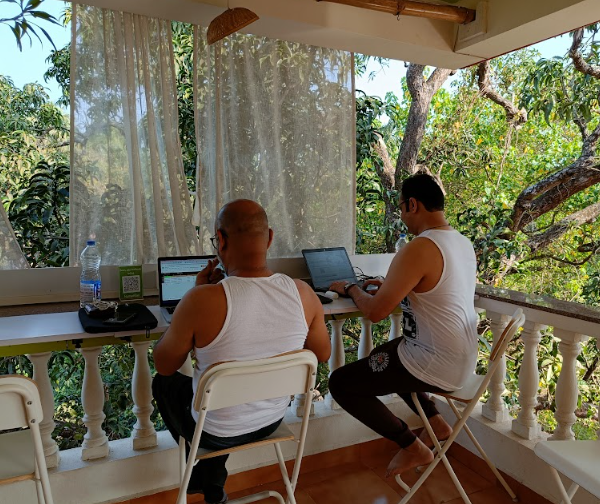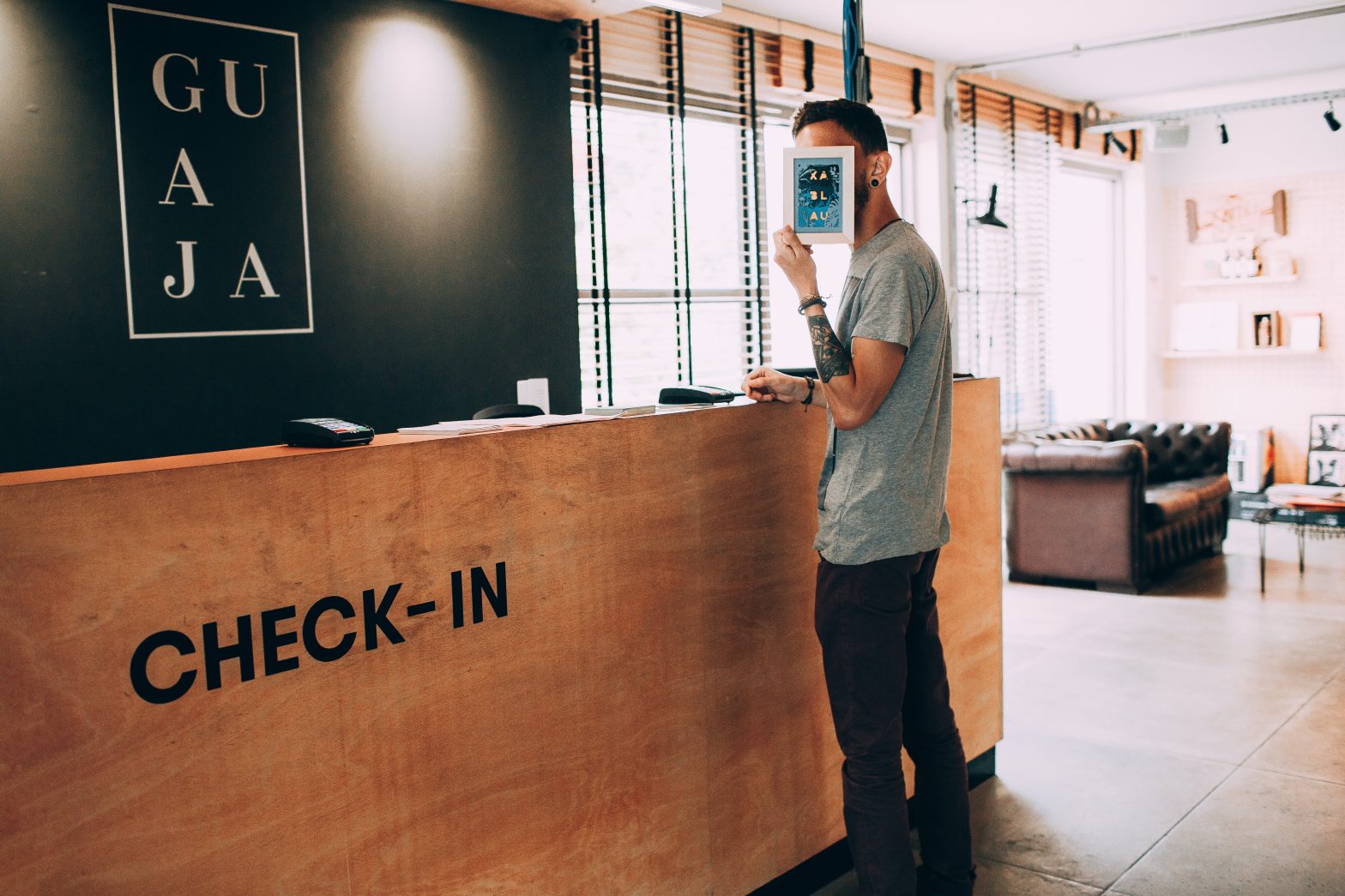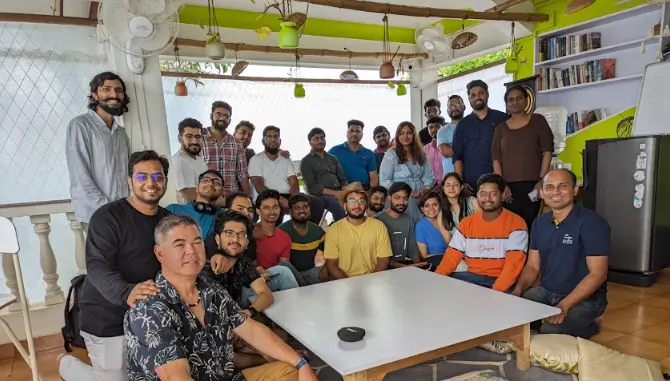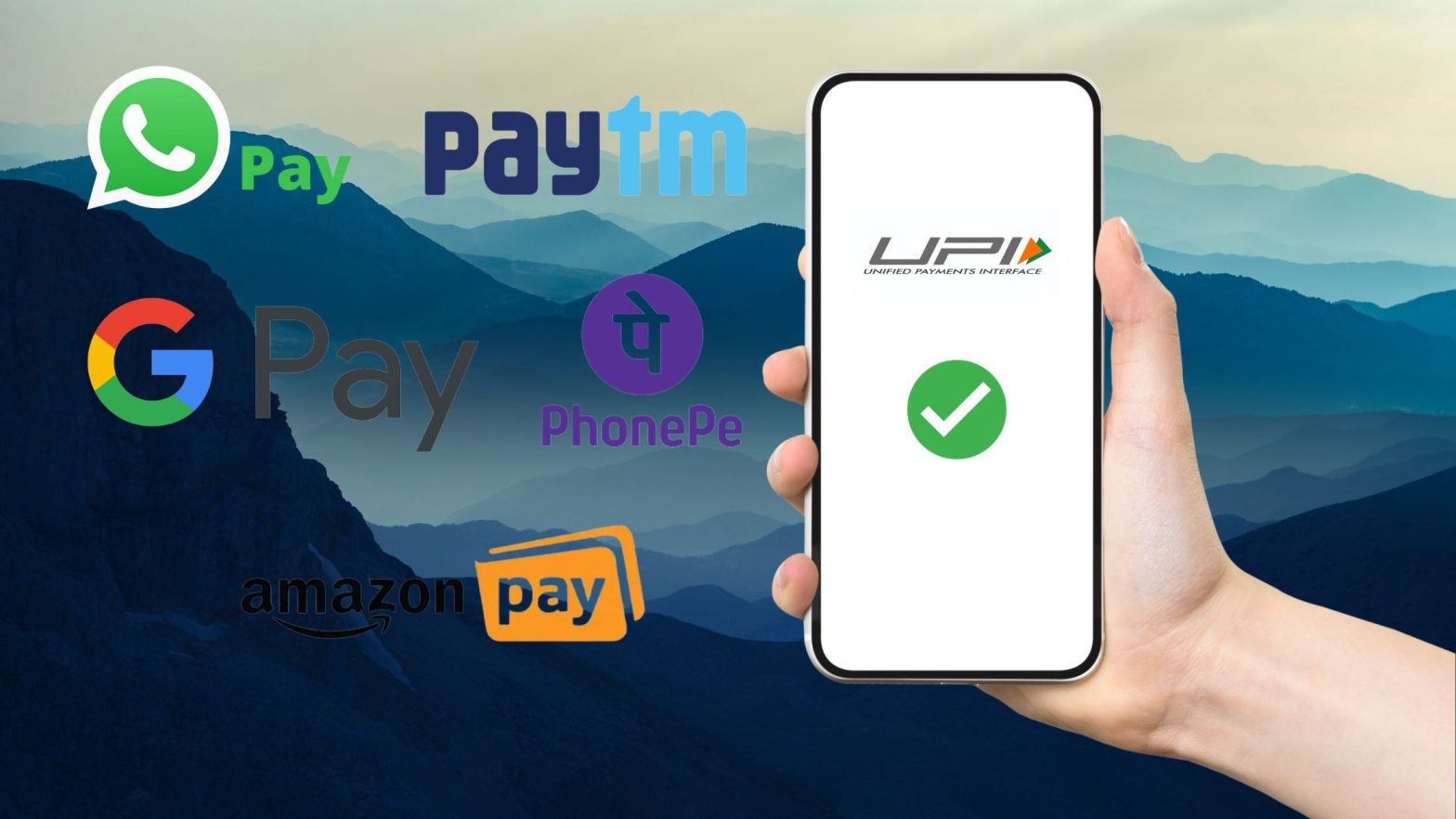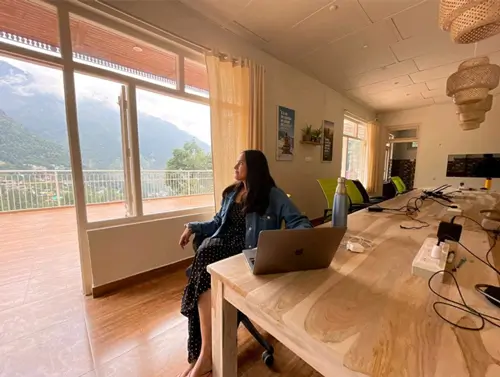Table of Contents
The Hybrid Remote Work Herd
At the onset of the pandemic, I wrote about Utopia powered by remote work. From the workspace revolution to the rise of local communities, I am excited about what remote work can do to us, humans.
The first wave in 2020 forced people to work from home. The second one is forcing companies to go hybrid, part remote and part office, largely because most of them are not aware of any better way to drive employee engagement, collaboration, and human connection.
We are so tied to the idea of the office in the modern world that we are unable to think beyond. For some, hybrid remote work is a step towards building a fully remote culture. For others, it is just a way to cling to the past while appearing modern.
Of course, not all roles can be remote. However, hundreds of millions can be. Hybrid is going to be confusing, exhausting, unfair, and operationally challenging.
A lot will depend on what companies chose in the post-Hybrid world.
But wait, why hybrid work in the first place?
It is not technology; it is a human problem!
When the world was forced to go remote last year, we were not prepared.
For decades, we have only known a workspace called an office. Our idea of work is deeply rooted in a physical space. Naturally, managers are ill-prepared in leading from a distance. In some industries like finance, heavy compliances make it easier to be co-located.
Our homes or even cities are not designed for effective remote work. Most coworking spaces are in business districts. Urban apartments are too small (unless you are rich) to have any separation between work and life. The limited availability of options to work from beyond offices hampers the prospects of remote work to be convenient.
Moreover, we have not known many other places to socialize in big cities. (Partly because we are too busy working and paying EMIs). Thus, even if you hate going to the office, there is pretty much no other way to connect with other sapiens and keep work and life separate.
Professionals want flexibility. Some companies like Deloitte, Slack, and Microsoft are taking it positively. A recent Microsoft survey says that over 70% of professionals want flexible work arrangements to stay.
We are so tied to the idea of the office in the modern world that it’s hard to think beyond. For some, hybrid remote work is a step towards building a fully remote culture. For others, it is just a way to cling to the past while appearing modern.
It is a convenient way to give the illusion of flexibility4 to employees while keeping options open. It all boils down to trust.
Why not go fully remote then?
Remote work has been an accident for a large part of the working population. The world is still adapting to it.
One of the biggest drawbacks of remote work is the lack of human connection. Sure, there are tools to collaborate better. However, it is tough and lonely for a species that does not know many places to socialize other than the office.
Hybrid does solve this problem to some extend by providing that human connection to people. It also helps compliances easier to manage.
To cut the long story short, remote work’s problems are the lack of human connection, untrained management, and uncharted territory of compliances. We do not need hybrid remote work in the long run if we get these three things sorted.
Why will hybrid remote work not work?
Hybrid is just too complicated.
For employees, It could result in FOMO if you chose to work from home on certain days. While it looks utopian to choose your office days, most employees will have no choice in choosing their days. They will have to follow what their teams (read: managers) decide. That takes away the feeling of freedom we are so much used to over the past 15 months.
It is worse for companies. It is operationally challenging. You must account for a maximum number of people using the office on any given day while planning your real estate. (and you are still spending on the rent). You are still limited by the availability of talent in your geographical area. Just explaining your hybrid arrangements to clients is a big task.
What is next?
What happens when hybrid remote work does not work?
If hybrid does not work, companies will be forced to make one of the two choices. The first is to go back to the office, fully. The second is to embrace remote work completely. Those who are looking at hybrid just a step in their transition are already ahead in the game. Plan. Do not leave it to chance!
Those who choose the remote option should look at their remotability in a more nuanced way.
A good start would be to take an audit of which roles can be done remotely and which cannot. The second is to figure out the compliance and legal part. The next step is to train managers on building and managing remote teams and train employees on staying productive in the remote work environment.
Those who choose to go back to the office will have to live with the fact that the world has changed forever. Their talent pool may shrink as companies providing remote work may woo professionals even in geographical vicinity.
Solving for the human connection in remote work!
Even if a company is ready to go remote, the human connection problem still exists.
There’s going to be a concept of a third place. I call it a ‘third place,’ you may want to call it a satellite office.” – N Chandrasekaran, TCS
We need a strong system of “Third Places” in residential neighborhoods, Tier 2/3 cities, and smaller towns to make remote work more human.
With most of the infrastructure centered in urban city centers, it’s not going to be an easy task. However, we will get there in no time with 5G and satellite internet on our way.
At NomadGao, we are building a network of rural coworking-coliving places to help professionals stay productive, be close to nature, and connect with like-minded people. Such initiatives are happening elsewhere in the world too. If you would like to partner with us in our mission to help professionals to work from anywhere, feel free to reach out to us.
The idea is, your social circle can be completely different from and more heterogeneous than your office network. Since you are meeting people from different origins, doing varied things, and having different stories, it automatically makes you a more aware, more learned person.
In the post-pandemic world, third place is going to be the first base.

